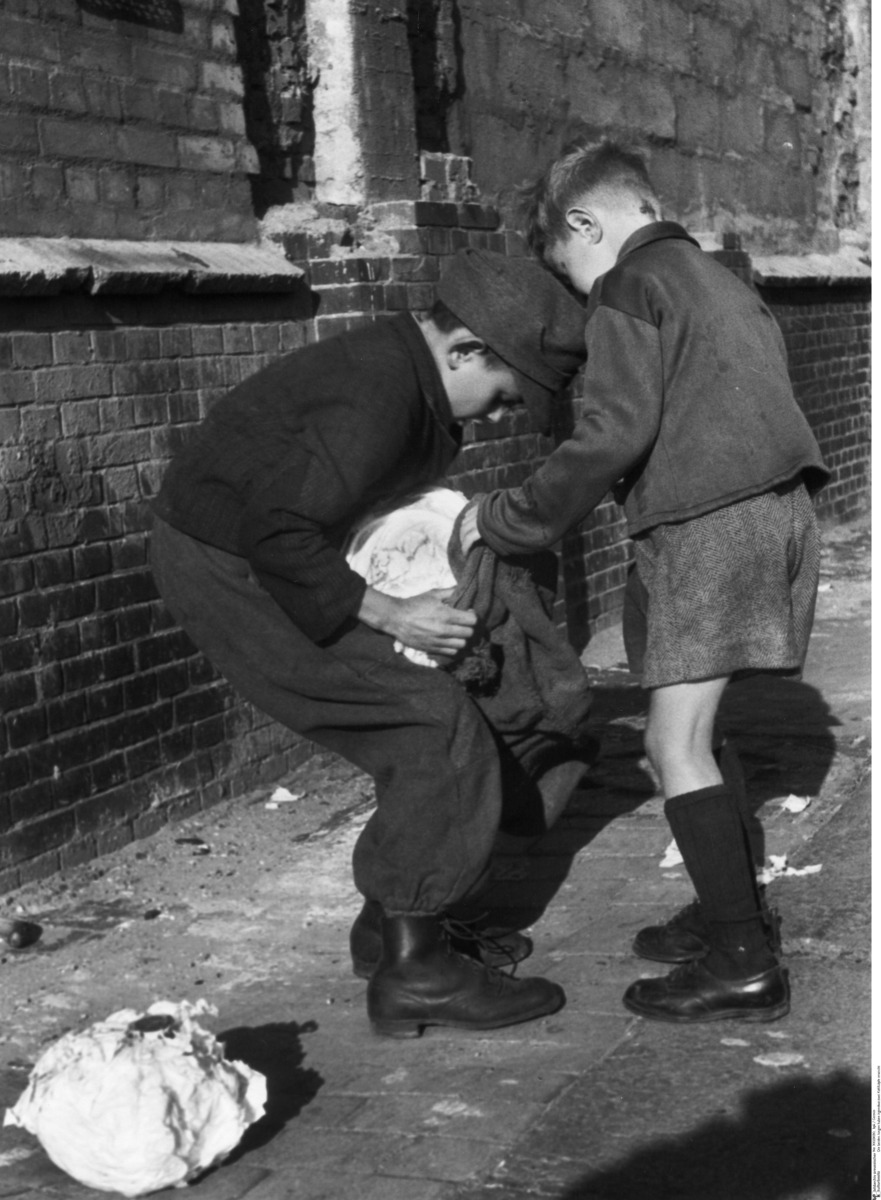Abstract
The scarcity and disorder of the postwar period brought about a marked increase in youth criminality. In his 1946 New Year’s Day sermon, Archbishop Josef Frings of Cologne expressed sympathy for the difficult plight faced by many and almost seemed to justify theft: “We live in times in which, on account of hardship, the individual should be allowed to take what he needs in order to maintain his health if he cannot get it by other means, through work or requests." In the immediate postwar period, the verb “fringsen” became synonymous with stealing items or food out of a state of need. The public tended to ignore Frings’ warnings about taking this sort of behavior too far, and they disregarded his instructions to return any goods that were acquired unlawfully.
